Transportation Emissions

NRDC Releases State Transportation Scorecard
The Getting Transportation Right report highlights which states are making the most progress on reducing transportation emissions and improving access to clean transportation options.
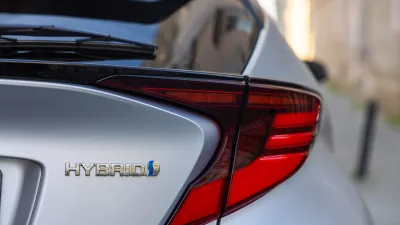
Toyota’s Hybrid Popularity Outpaces Production Worldwide
Soaring global demand for Toyota's hybrid vehicles is straining the automaker’s supply chain, leading to widespread delays as component shortages and limited production capacity challenge its ability to keep up.
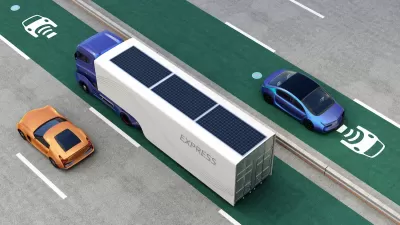
UCLA Will Build California’s First EV Charging Roadway
The ¾-mile segment will allow electric shuttles and buses to charge while driving.
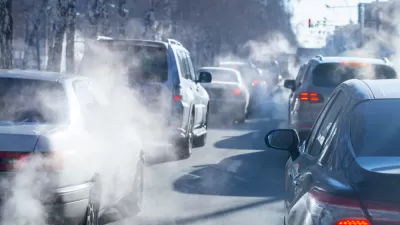
Report: 14 States Increased Per-Capita Carbon Emissions
Many of the states on the list are red-leaning states that fought against federal environmental reporting regulations.
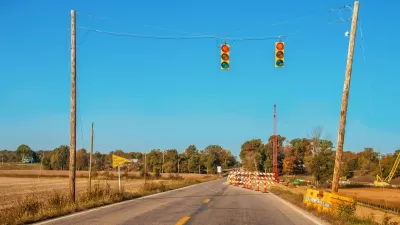
Report: Some Rural States Ahead of More Urbanized Ones in Reducing Transportation Emissions
This is a largely unintended consequence of states with lower populations and resources focusing on repairing existing roads and infrastructure rather than expanding and building new roads.
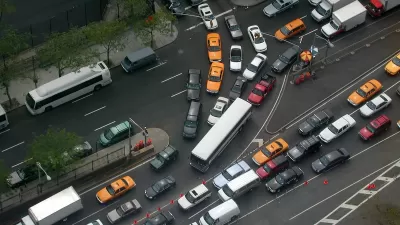
Report Highlights Economic Benefits of Reducing Car Dependence
Encouraging Americans to drive less — and supporting cities where it’s possible to do so — could save the country trillions more than just electrifying the transportation sector.

London Low-Emissions Zone Prompts Shift to Active Modes
More children are using active transportation modes to get to school in the wake of a policy that charges drivers to enter a low-emissions zone in central London.
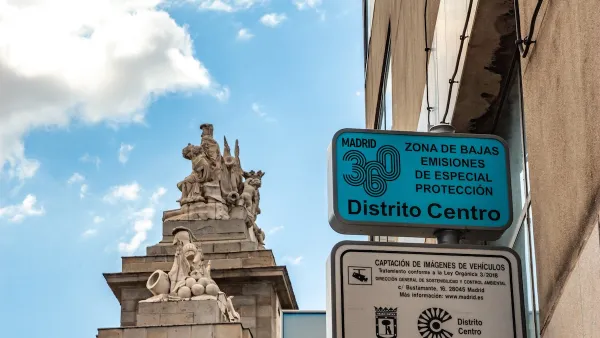
Madrid Uses Transit System for Parcel Delivery to Cut Emissions
A new pilot program uses trains to deliver packages at off-peak hours, lowering emissions from trucks.

Caltrain Introduces Electric Train Fleet
The Bay Area agency will switch to all electric trains by the end of September.

Study: Half of Uber, Lyft Rides Replace More Sustainable Options
A new study out of UC Davis details how ride-hailing services like Uber and Lyft impact more sustainable modes of transportation like transit, cycling, and walking from the perspective of user behavior.
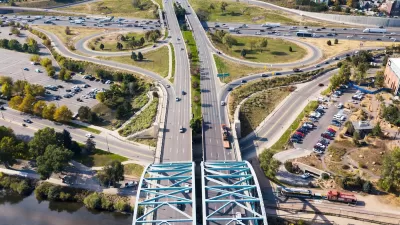
Colorado Requires DOT to Reduce Emissions. Is it Working?
A new rule calling for emissions reduction plans as part of highway projects has led to two canceled road expansions and a shift toward greener transportation investments.
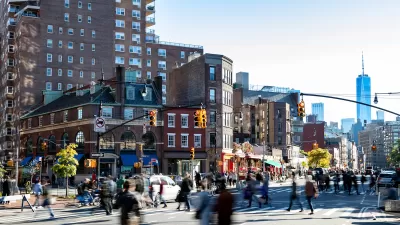
New York State Climate Plan Stalls
Of 35 recommendations presented in the state’s climate scoping plan, just one has been implemented so far.
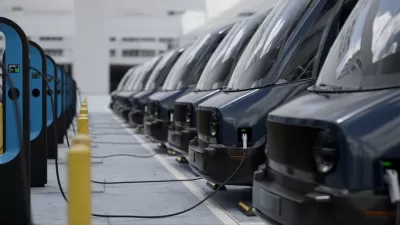
USDOT Unveils Strategies to Achieve Near-Zero Transportation Emissions
Three key strategies — reducing travel distances, increasing energy-efficient travel modes, and transitioning to zero-emission vehicles and fuels — are recommended to meet national climate goals under the Paris Agreement.

The Case for EVs in Rural Areas
Many rural households could benefit from the cost savings of electric cars for everyday trips.
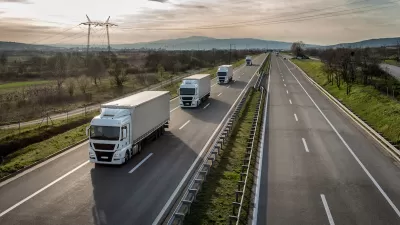
How Cities Can Lead the Way in Reducing Transportation Emissions
Decisions made at the local level can have a significant impact on emissions in the transportation sector.
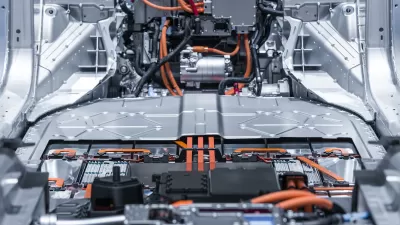
Industry Leaders: Automakers Must Cut EV Battery Weight in Half
Experts call for lighter batteries, diversification of fuels, and a shift away from private cars and towrad public transit.
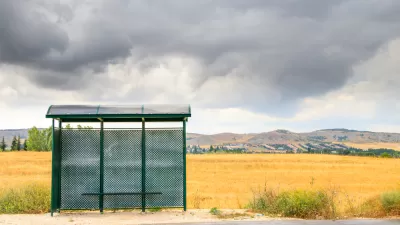
Congress Hears Rural Transportation Challenges
A Congressional subcommittee heard testimony from rural transportation officials, transit providers, and lawmakers.
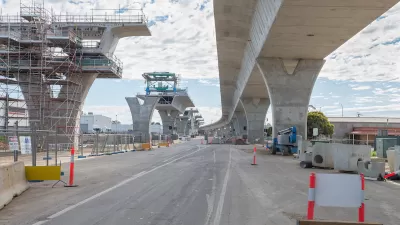
The Infrastructure Law Could Increase Transportation Emissions
With so much funding going to highway construction and expansion, the 2021 law could add 69 million metric tons of carbon to the atmosphere in the next two decades.

Colorado Bill Would End Minimum Parking Requirements
Supporters of the bill say eliminating parking mandates would make housing more affordable and reduce carbon emissions.
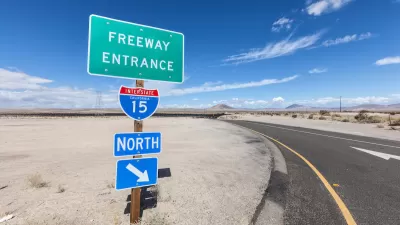
California Commission Approves Freeway Expansion
The state Transportation Commission ultimately voted to move a controversial Inland Empire interstate project forward.
Pagination
Urban Design for Planners 1: Software Tools
This six-course series explores essential urban design concepts using open source software and equips planners with the tools they need to participate fully in the urban design process.
Planning for Universal Design
Learn the tools for implementing Universal Design in planning regulations.
Heyer Gruel & Associates PA
JM Goldson LLC
Custer County Colorado
City of Camden Redevelopment Agency
City of Astoria
Transportation Research & Education Center (TREC) at Portland State University
Camden Redevelopment Agency
City of Claremont
Municipality of Princeton (NJ)


































